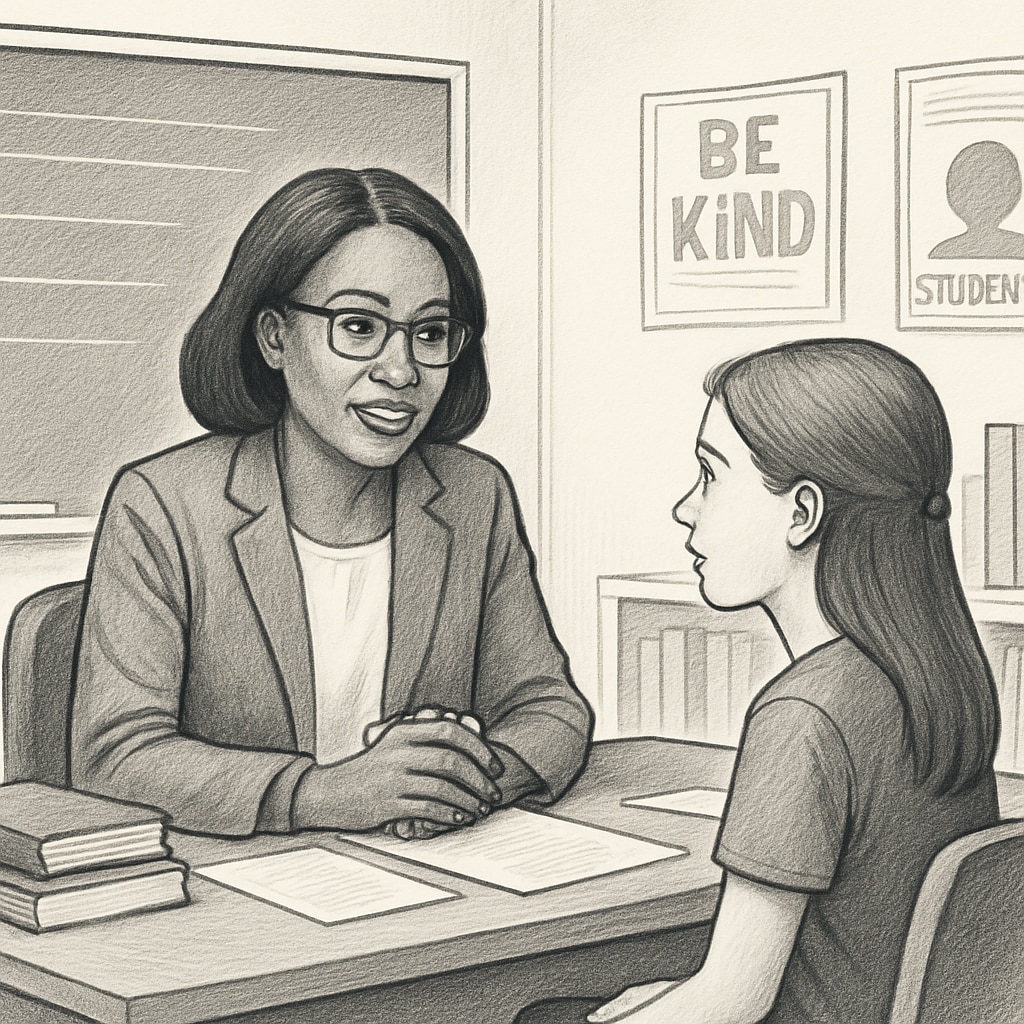The role of school counselors in K12 education is often understated yet undeniably vital. Graduate students conducting academic interviews with these professionals can uncover invaluable insights into the challenges and opportunities within the education system. By bridging the gap between research and practice, these interviews shed light on how counseling supports students’ academic and emotional well-being. This article examines the significance of school counselors, the importance of interviews for research, and practical tips for establishing effective communication channels with frontline educators.
Understanding the Role of School Counselors
School counselors are the backbone of emotional and academic support in K12 education. They work with students to address issues ranging from mental health challenges to academic struggles, often acting as a liaison between students, parents, and teachers. Their work is multifaceted, requiring expertise in psychology, communication, and educational strategies. According to the Britannica entry on school counseling, counselors also play a crucial role in fostering safe and inclusive learning environments, which directly impacts student success.

The Importance of Graduate Research Interviews
For graduate students, interviewing school counselors is a unique opportunity to delve into real-world applications of educational theories. These interviews provide firsthand perspectives on the day-to-day challenges counselors face, such as managing large caseloads, addressing diverse student needs, and navigating systemic constraints. In addition, interviews can reveal innovative strategies that counselors employ to overcome these barriers, enriching graduate research with practical insights that go beyond textbook knowledge.
Graduate students can prepare for interviews by conducting preliminary research on the school’s demographic and specific challenges. For example, understanding whether the school serves a predominantly low-income community or has a high percentage of ESL (English as a Second Language) learners can guide the questions to be more relevant and impactful.

Challenges and Opportunities in School Counseling
School counselors face several challenges, including limited resources, high student-to-counselor ratios, and increasingly complex student issues such as anxiety, cyberbullying, and academic pressure. Despite these hurdles, counselors also have opportunities to make lasting impacts. For instance, innovative programs focused on social-emotional learning (SEL) or peer mentorship initiatives have proven effective in many schools.
Educational researchers can learn from these challenges and opportunities by approaching interviews with empathy and curiosity. Open-ended questions, such as “What strategies do you find most effective in supporting students with mental health challenges?” can lead to insightful discussions that benefit both the researcher and the counseling profession.
Practical Tips for Conducting Interviews
Establishing a professional and respectful rapport with school counselors is essential for successful interviews. Here are some tips to ensure effective communication:
- Prepare thoroughly: Research the counselor’s role and the school’s context to tailor questions effectively.
- Communicate clearly: Send a concise email or letter explaining the purpose of the interview and how their insights will contribute to your research.
- Be flexible: Offer multiple scheduling options to accommodate their busy workload.
- Show appreciation: Thank them for their time and expertise, and share the outcomes of your research if possible.
- Follow ethical guidelines: Ensure anonymity and confidentiality if requested, and avoid leading questions that could bias their responses.
For more tips on professional research interviews, check out this detailed guide on qualitative research methods.
Conclusion: Bridging Research and Practice
Interviewing school counselors offers graduate students an invaluable opportunity to connect academic theories with real-world practices. By understanding the challenges, triumphs, and strategies employed by counselors in K12 education, researchers can contribute to the development of more effective educational policies and support systems. Building strong communication channels and fostering mutual respect are key to ensuring these interviews are both productive and insightful.
School counselors are not just educational professionals; they are bridge builders who connect students with the resources they need to thrive. Through thoughtful interviews, graduate researchers can contribute to this vital mission and drive positive change in the education system.


